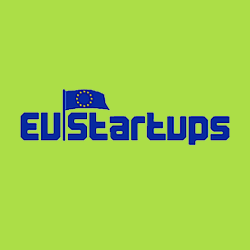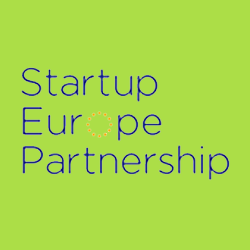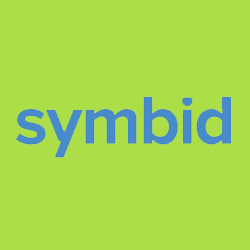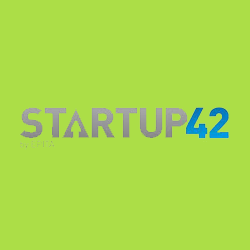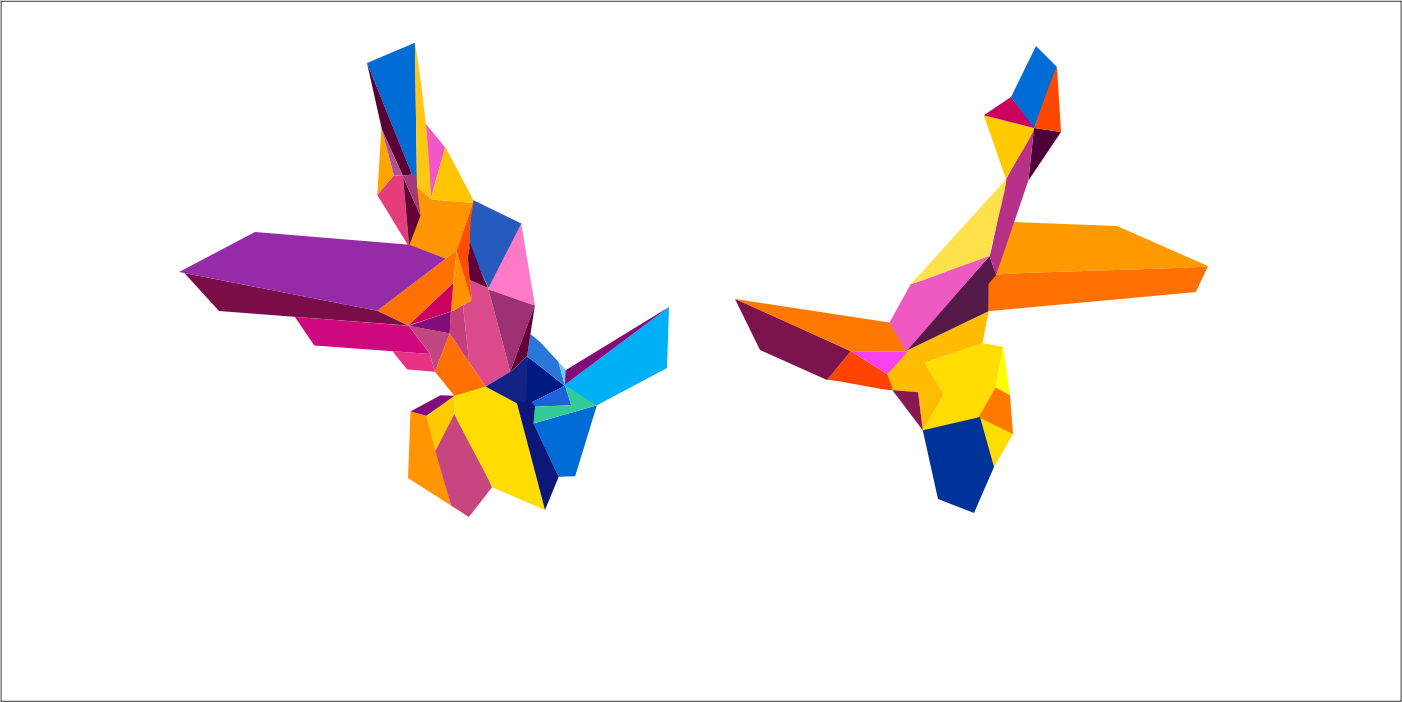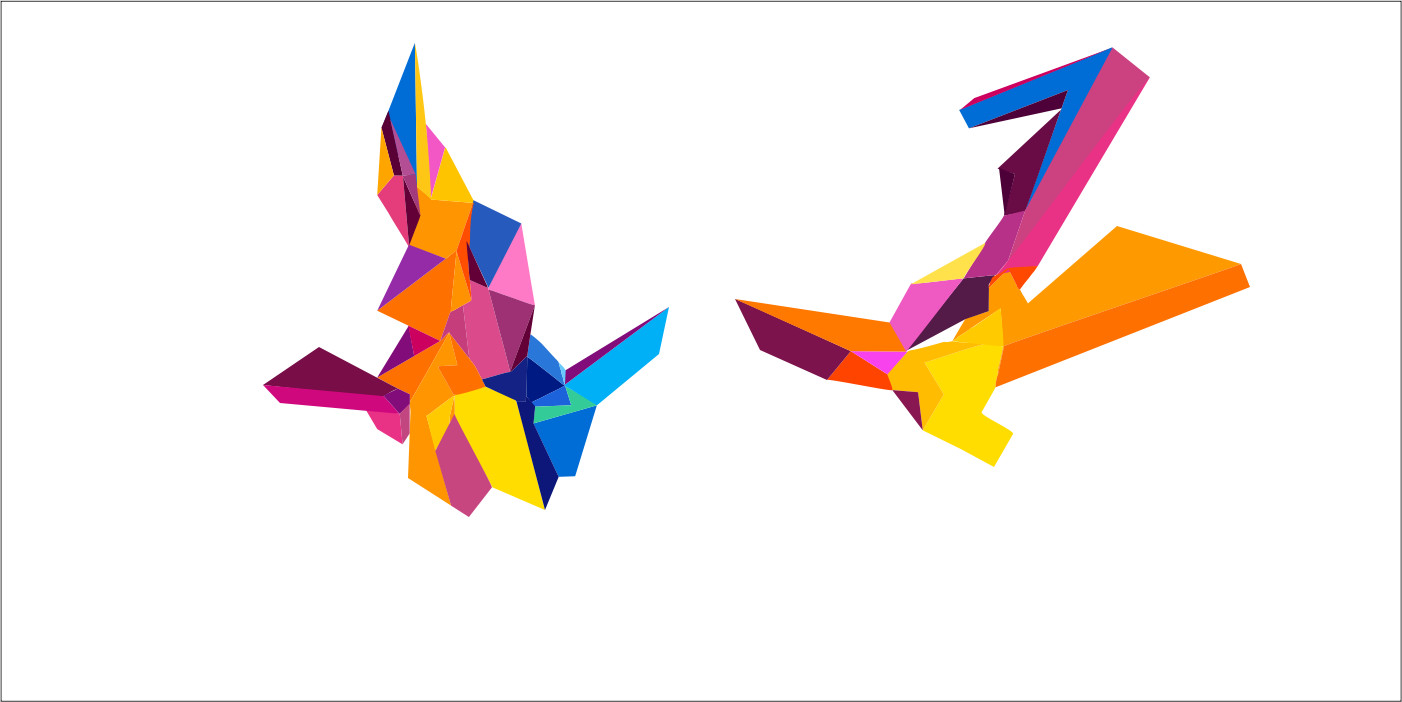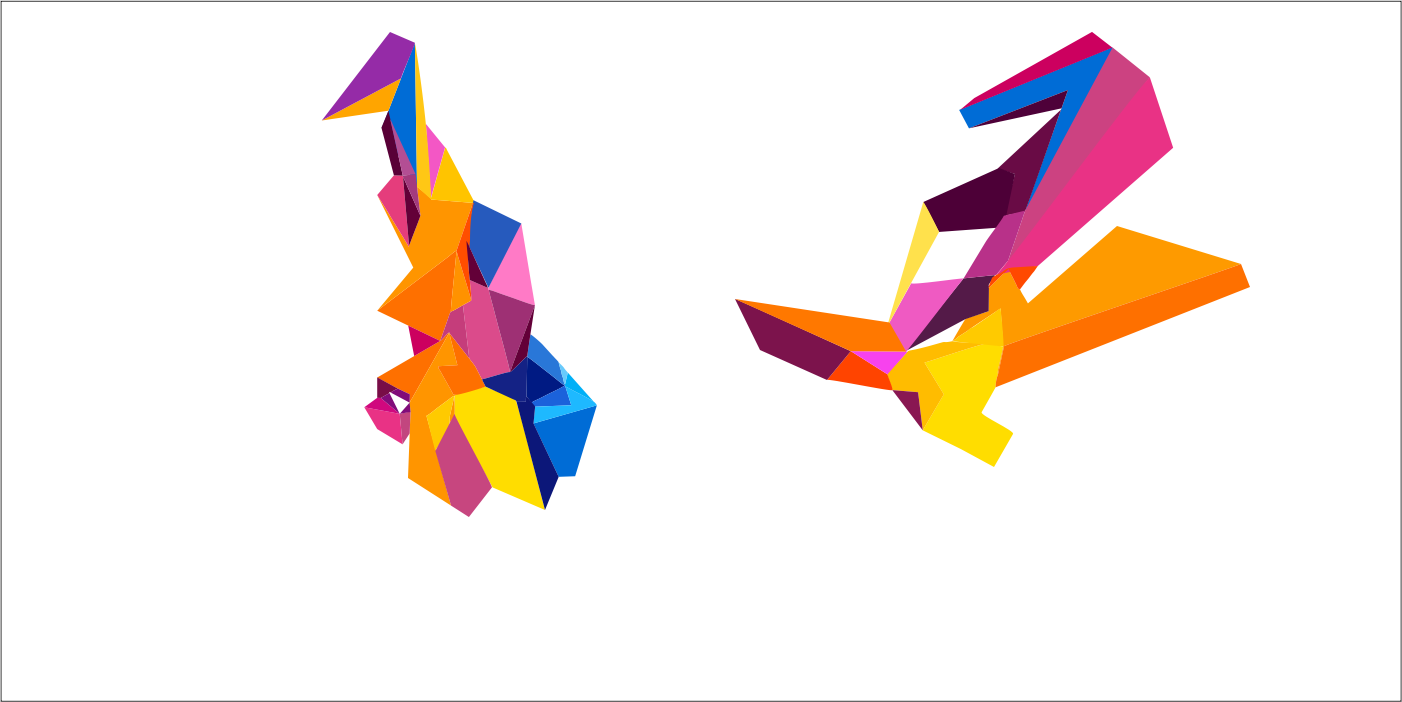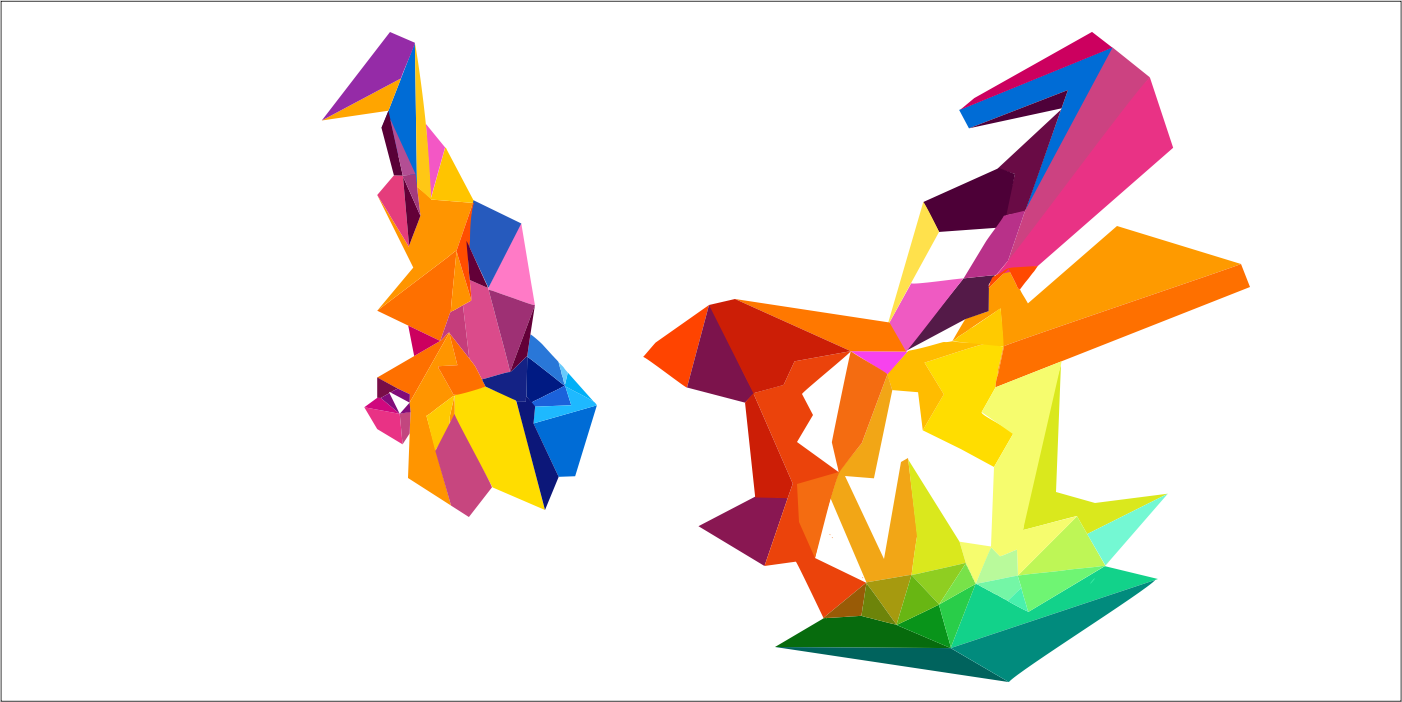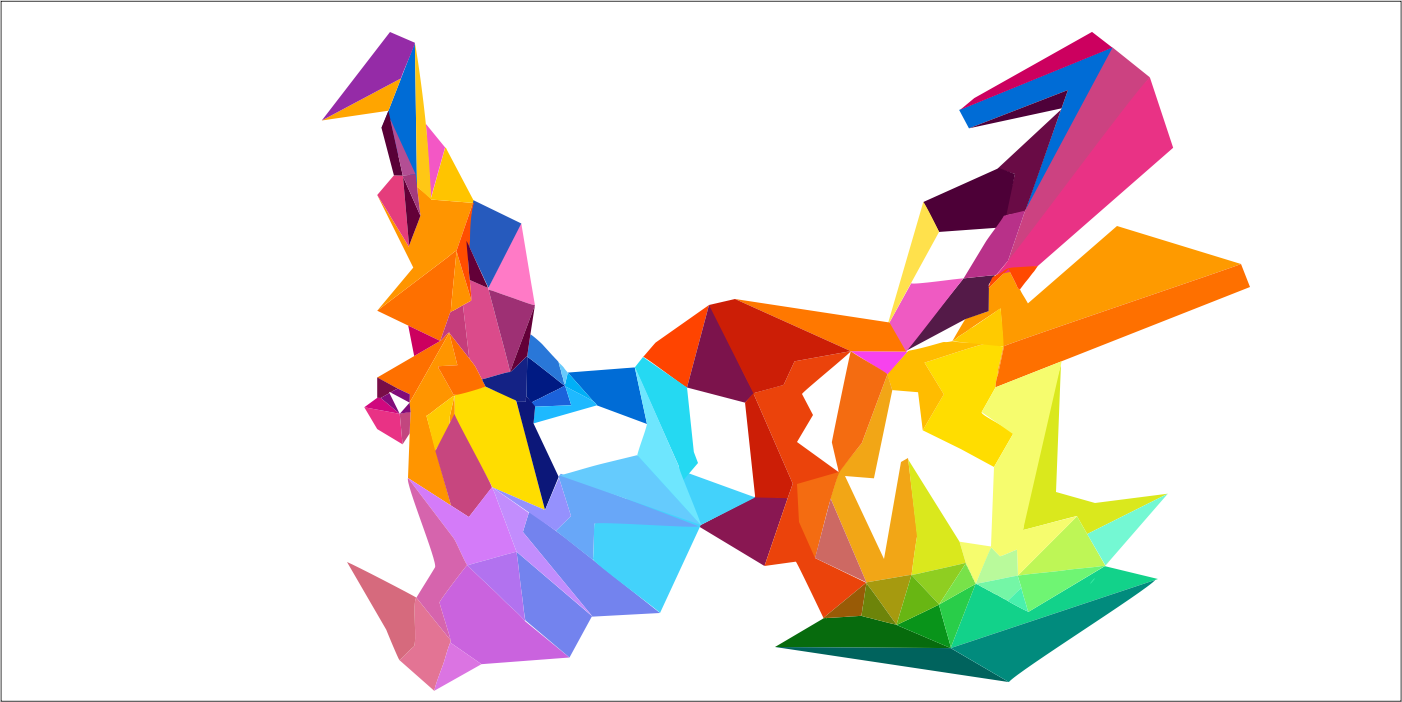Net neutrality under attack in EU
The last night’s negotiations – a so-called “trialogue” procedure – between the European Parliament, the European Commission, and the Council of the European Union on the Net Neutrality legislation were unsuccessful.
It was expected to be the last trialogue in order to come to an agreement on the EU regulation on telecommunications. However EU member states chose to keep blocking the principle of net neutrality. Back in December 2014 the German Chancellor publicly supported the concept of “two-lane” internet: one lane for high priority service, and second for ordinary internet connection.
In April 2014 the European Parliament voted overwhelmingly in favour of treating all internet traffic equally regardless of its source. However, the Council has refused to negotiate on the basis of the Parliament’s agreed position
In May 2015 the Parliament conceded to conduct the negotiations on a compromise text based on the Council’s proposal. Despite EP’s concessions the Council of European Union rejected enshrining the net neutrality principle in law.
Startups for Net Neutrality initiative reports that Ziggo – one of the largest telecoms providers in the Netherlands – already launched a product which offers content providers a premium network in addition to the ”normal internet” – something that would be explicitly permitted by the last EU Council Presidency proposal. Last year Deutsche Telekom, which accounts for 60 percent of Germans broadband connections, proposed to impose download limits for its customers, while exempting traffic generated by its own video on-demand service.
It must be noted that ealier this year US President’s administration upheld the principle of net neutrality.

